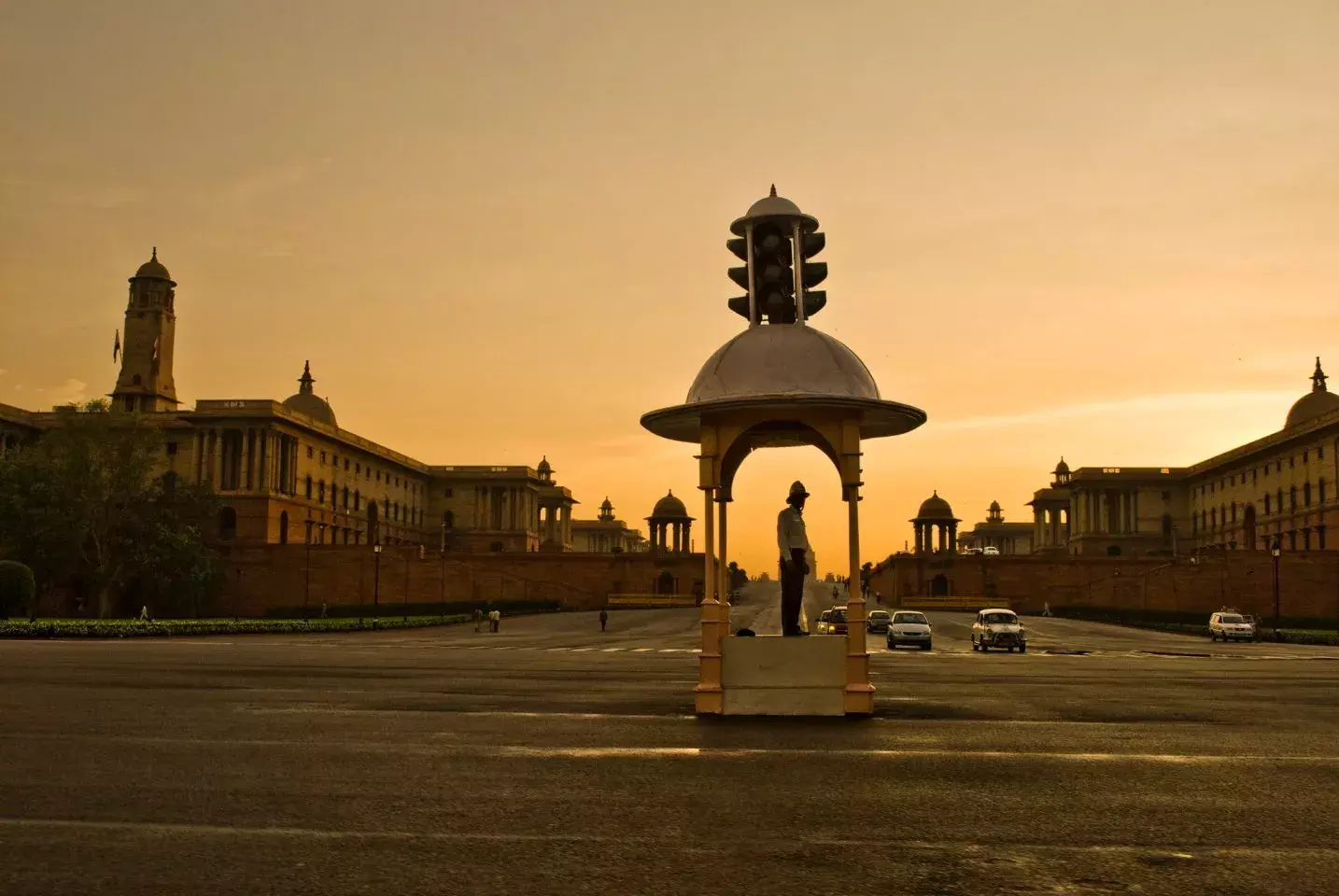Did Parliament During NDA's First Term Outperform UPA II? A Factcheck
PM Modi said the MPs in his government have focussed on "product and process" by passing more bills and debating more.

On Monday, Prime Minister Narendra Modi unveiled 76 multistorey flats for MPs that has been built on the site where eight MP bungalows used to stand. During his video conference, he highlighted the increased efficiency in the functioning of the parliament since he came to power in 2014. The 16th Lok Sabha passed 15 per cent more bills than the previous one, he said, adding that in these five years, 60% of the passed bills have been debated on for at least 2 hours. The productivity of the first session of the 17th Lok Sabha was 135% and that of the Rajya Sabha was 100%. This is the best performance of the parliament in two decades, according to him.
According to PRS Legislative Research, the 16th Lok Sabha, which held its sessions between June 2014 and February 2019, passed 133 bills and promulgated 45 ordinances. This was 15% higher than the 15th Lok Sabha under UPA II during which time 151 bills and ordinances were tackled in the parliament.
The 15th Lok Sabha had been the least productive one in fifty years with reduced time spent in legislation and oversight. Frequent disruptions were witnessed by agitations over allocations of 2G spectrum, coal blocks, Telangana statehood and the Commonwealth games. It passed the least number of bills by any full-term Lok Sabha and 68 bills lapsed after its dissolution.
However, it did pass a number of important bills like Right to Education, Land Acquisition and Food Security. In comparison, the 16th Lok Sabha passed a majority of bills related to the financial sector including GST Bill, Bankruptcy Code, Insurance Amendment Bill, Fugitive Economic Offenders Bill, etc.
The 16th Lok Sabha also saw a larger proportion of bills being discussed for a longer time. 32% of the bills were discussed for more than 3 hours and 28% of the bills were discussed for between 2 and 3 hours. Far less number of bills were passed within 30 minutes of being introduced - it decreased from 26% in the previous session to 6%.
However, it is also true the 16th Lok Sabha referred far fewer bills to Committees. Because there isn't usually enough time to discuss all the bills in the parliament, they are referred to committees that scrutinise the bills in-depth, receive feedback from stakeholders and build consensus across party lines. Only 25% of the bills in the 16th Lok Sabha were introduced to committees compared to 71% and 60% in the 15th and 14th Lok Sabha respectively.
During the first session of the 17th Lok Sabha, the house worked for 281 hours which is 135% of the scheduled hours. The Rajya Sabha worked for 195 hours which is 100% of the scheduled hours. This is the most productive session in the past twenty years during which time the Lok Sabha worked for 81% of its scheduled time on an average and Rajya Sabha worked for 76% of its scheduled time.


